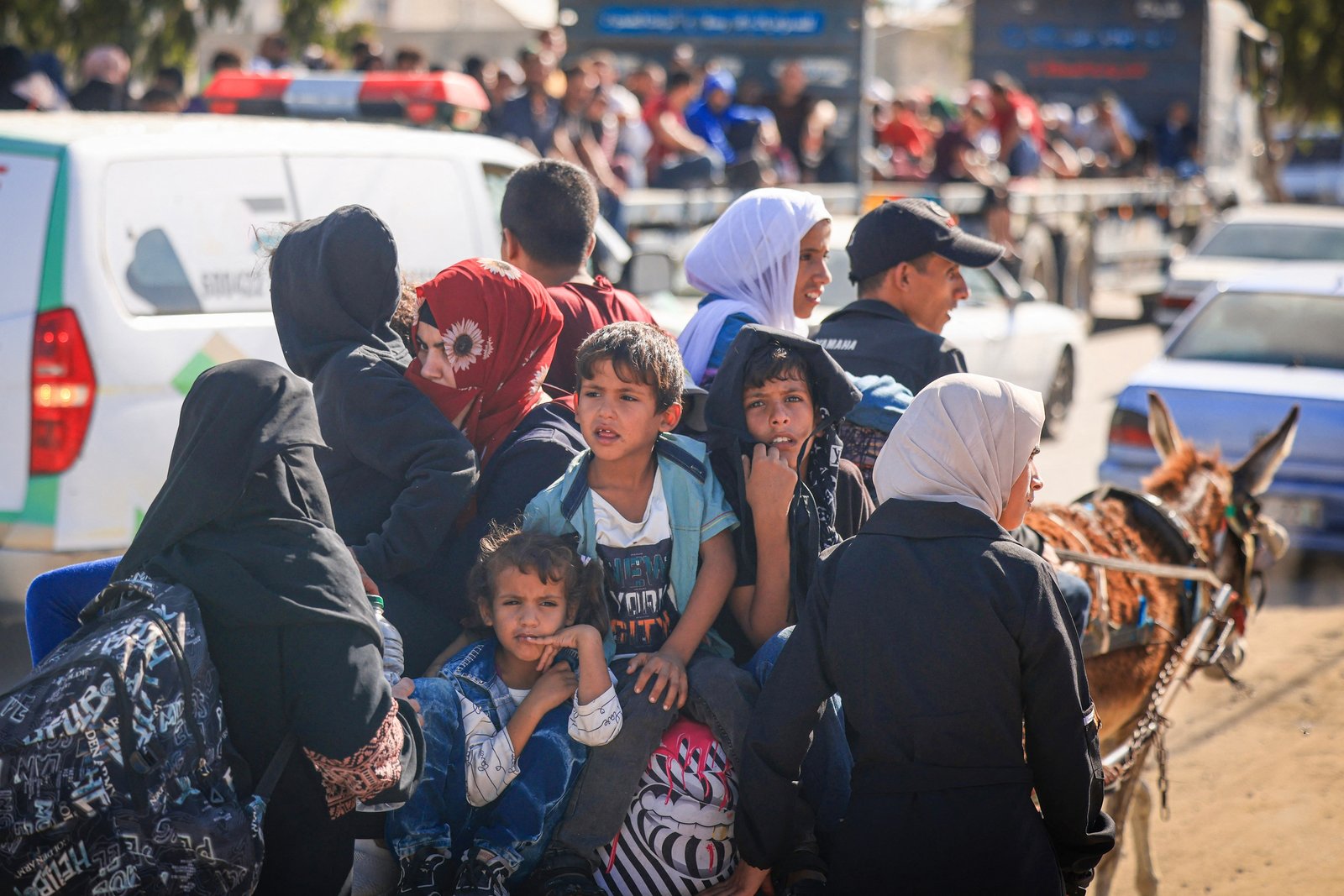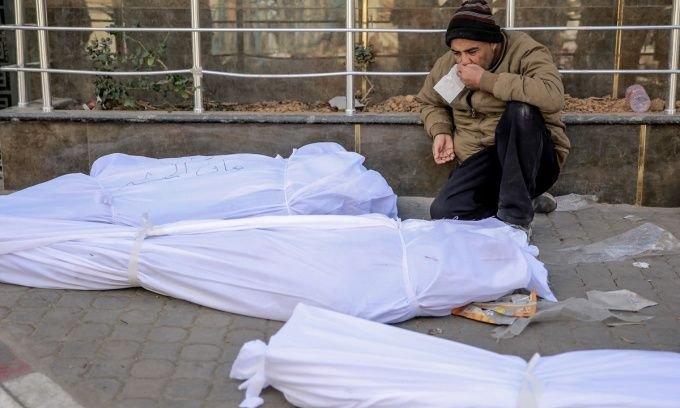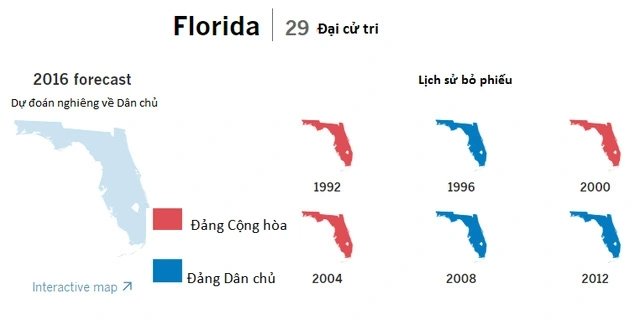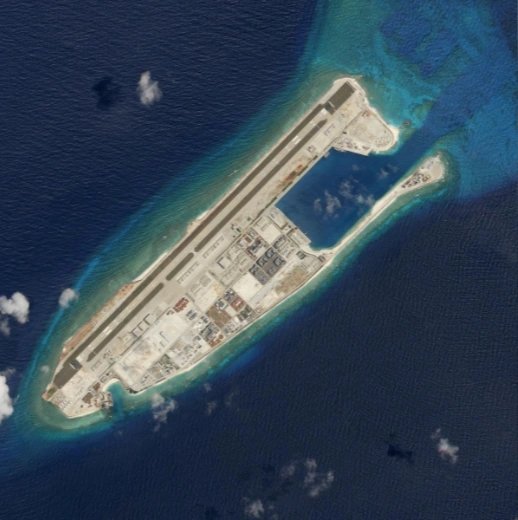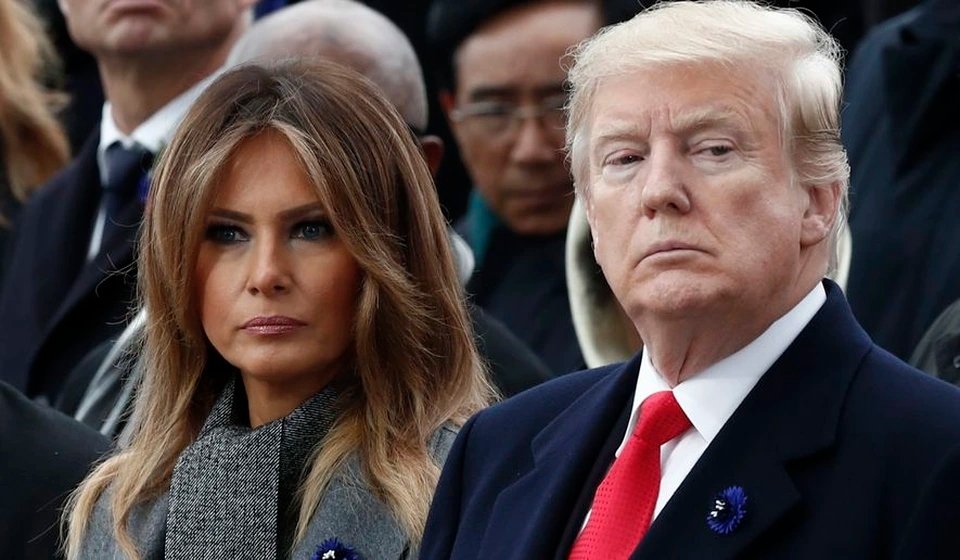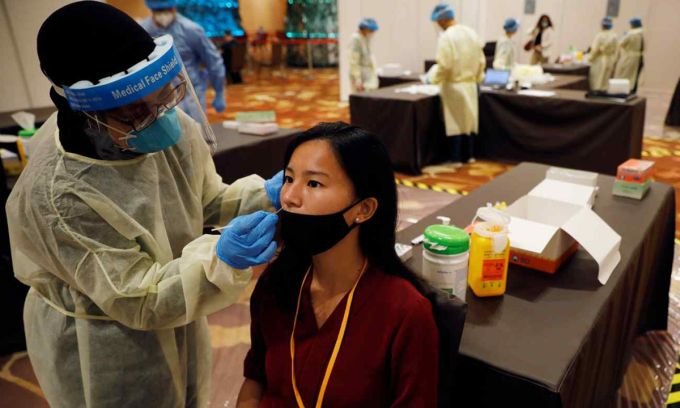
When Tan received a positive result for nCoV last week, she was worried about having to leave her young daughter to go to a centralized quarantine facility.
`I’m happy to be able to recover at home. My baby is learning to walk. Even though I can’t touch or hug her, I’m still happy to be able to see her from afar. I can also access the things I need
Singapore now allows people with Covid-19 who are under 69 years old, fully vaccinated, have no serious symptoms and do not live with someone over 80 years old to self-isolate and be treated at home.
Previously, every F0 in Singapore was sent for treatment to a hospital or centralized government quarantine facility.
For the 82% of fully vaccinated Singaporeans like Tan, recovery at home is relatively simple.
After testing positive, they received a message from the Ministry of Health, which required F0 to self-isolate and other family members to also be quarantined and tested for Covid-19.
The patient is then given an electronic monitoring device and can request a health care package, including a thermometer, pulse oximeter and medical mask.
Tan said she did not have any symptoms other than losing her sense of smell, and the biggest disruption for her family was having to order food every day, due to not being able to go out shopping.
Medical staff take Covid-19 test samples for conference attendees in Singapore in January. Photo: Reuters.
Under the home recovery program, Singapore residents infected with nCoV can choose to self-isolate for 10 days or have a PCR test on day 6 to reduce the final three days of quarantine if they have a low viral load.
Tan’s quarantine period ended on September 23 and she did not have to take any more tests, although she was still required to limit contact with others for another week to reduce the risk of spreading the virus.
Singapore’s strategy to treat F0 at home is different from many other places in the region, such as Hong Kong, where people positive for the virus must be taken to centralized quarantine facilities or hospitals.
Zack tested positive for nCoV on September 18, but as of September 23, he still had not received instructions from the authorities on what to do next.
`I’ve been self-isolating in my bedroom since the test results came back,` said Zach, a 39-year-old executive.
Zack, who is fully vaccinated and lives with his wife and 8-year-old child, is frustrated by the lack of guidance from officials.
Many Singaporeans have joined a chat group on the Telegram platform called `Singapore Quarantine Support Group`, where members share information and experiences in self-recovery at home.
Others said that they were eligible to self-recovery at home according to regulations, but the place they were living did not have enough security to self-isolate, such as not having a separate toilet.
Singapore’s Ministry of Health explained that its system is overloaded due to the recent sharp increase in infections, but the government has increased resources.
This week, Prime Minister Lee Hsien Loong said recovery at home was recommended for the fully vaccinated group because it posed fewer risks and reduced hospital bed requirements for the health system.
`The number of cases is increasing and we are doing all we can to scale up operations and ensure all patients are well cared for,` he said.

